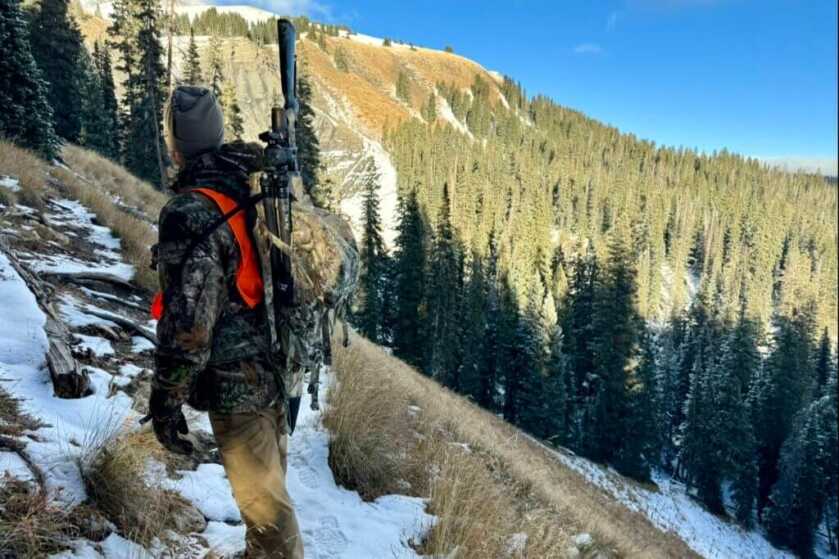
Estimated reading time: 0 minutes
The National Shooting Sports Foundation (NSSF) is excited about the U.S. Fish and Wildlife Service’s (USFWS) announcement to open more public lands for hunting and fishing.
The USFWS is adding 53 new hunting and fishing spots across 211,000 acres on 12 National Wildlife Refuges (NWRs), expanding on the 400 existing NWRs and 35 wetland management areas already available.
“This announcement of more and expanded hunting opportunities on National Wildlife Refuges is an accomplishment all the firearm industry celebrates, along with all outdoorsmen and women,” said Lawrence G. Keane, NSSF Senior Vice President & General Counsel.
“It has long been the goal that hunting opportunities should be opened on public lands and made available to the public,” he continued. They are the public land owners and the ones who are vested in seeing these hunting opportunities benefit sustainable wildlife conservation. The firearm industry is particularly proud of the conservation investment made by firearm and ammunition manufacturers through the federal firearm and ammunition excise taxes that are the primary driver of wildlife conservation in America.”
The NSSF also supports the USFWS’s new voluntary programs to educate hunters about alternative ammunition options. Hunters should have the freedom to choose the best ammunition for the ethical and efficient harvesting of wildlife.
SEE ALSO: Biden Administration Wants to Ignore Science to Push Traditional Ammo Bans
However, the NSSF is disappointed with the new restrictions on traditional ammunition for big game hunting. Wildlife management decisions should be based on solid scientific data. Restrictions should only happen if there is clear evidence that traditional ammunition harms wildlife populations and if there are no cheaper alternatives.
Since 1937, the firearm and ammunition industry has invested over $27.38 billion (adjusted for inflation) in wildlife conservation through the Pittman-Robertson federal excise taxes. These taxes, paid by manufacturers, go towards wildlife conservation, habitat preservation, hunter education, and the construction or expansion of recreational shooting ranges.
The 10 to 11 percent excise tax funds collected are specifically designated for state wildlife agencies to use for conservation purposes. Collectively, firearms and ammunition purchasers, hunters, and the industry are the largest contributors to wildlife conservation funding.
In 2024, the USFWS allocated over $1.6 billion to states for wildlife conservation projects, with $944 million coming from Pittman-Robertson excise taxes paid by firearm and ammunition manufacturers.
*** Buy and Sell on GunsAmerica! ***











